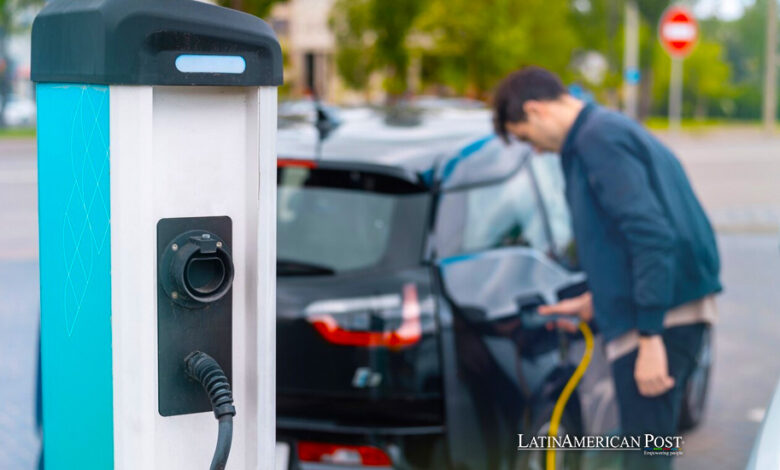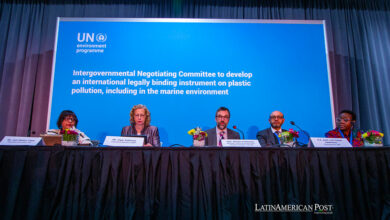Brazil’s Electric Vehicle Revolution Continues as Sales Set to Surge by 60% in 2024

A Paradigm Shift in the Making
In a country known for its love affair with internal combustion engines and abundant supplies of sugarcane-derived ethanol, Brazil is on the cusp of a green automotive revolution. The wheels of change are turning rapidly as sales of fully electric and hybrid vehicles are poised to soar by a staggering 60% this year, a forecast by the Brazilian Association of Electric Vehicles (ABVE) reveals.
ABVE, representing prominent electric automakers such as Chinese giants BYD and Great Wall Motor Co, has predicted that Brazil’s total sales of electric vehicles (EVs) will surpass 150,000 units in 2024. This ambitious projection comes hot on the heels of a remarkable 91% surge in sales, totaling 93,927 EVs, recorded in 2023. Brazil seems determined to embrace the electric future as the world grapples with climate change and the urgency to reduce greenhouse gas emissions.
Shifting Consumer Preferences and Transformative Landscape
The EV boom in Brazil is a testament to shifting consumer preferences, growing environmental consciousness, and the evolving electric vehicle market on a global scale. While the country has traditionally relied on internal combustion engines and ethanol-powered cars, the tide is turning, and the Brazilian automotive landscape is transforming profoundly.
Despite the challenges posed by the COVID-19 pandemic and economic uncertainties, Brazilians increasingly opt for cleaner and more sustainable mobility solutions. The surge in EV adoption can be attributed to several factors, including government incentives, rising fuel costs, and a growing network of charging infrastructure. However, the future of EVs in Brazil has its challenges.
Policy Shifts and Optimism
In a surprising twist, the Brazilian government recently reintroduced import taxes on electric vehicles and raised tariffs on hybrids. This move was seen as an attempt to protect the local automotive industry, which traditional automakers have long dominated. ABVE acknowledges these policy shifts but remains optimistic about the future of EVs in the country.
ABVE’s President, in a statement addressing the tax changes, remarked, “While we recognize the recent policy adjustments, we firmly believe that the momentum behind electric vehicles in Brazil cannot be easily derailed. The intrinsic benefits of zero-emission transportation reduced environmental impact, and long-term cost savings continue to resonate with consumers.”
Persisting Growth and International Participation
Though still reliant on imports for most of its offerings, the Brazilian electric vehicle market shows no signs of slowing down. ABVE predicts that the “intense rhythm” of growth will persist, driven by consumer demand and the global push toward electrification. Moreover, ABVE encourages a broader discussion on sustainable mobility solutions and renewable energy sources to align with the country’s environmental goals.
With international automakers, including Chinese giants like BYD and Great Wall Motor Co, actively participating in the Brazilian EV landscape, the market is set to diversify and expand. Consumers can expect a broader range of EV options in terms of price points, features, and styles, further enhancing the appeal of electric mobility.
Also read: BYD’s Challenges Tesla’s Global Electric Vehicle Dominance
Brazil’s embrace of electric vehicles is not merely a reflection of a global trend but also a testament to the nation’s commitment to environmental preservation and a sustainable future. While challenges remain on the path to electrification, the rise of EVs in Brazil signals a profound shift toward cleaner, greener transportation and a promising future where eco-conscious consumers lead the charge toward a more sustainable automotive landscape.





